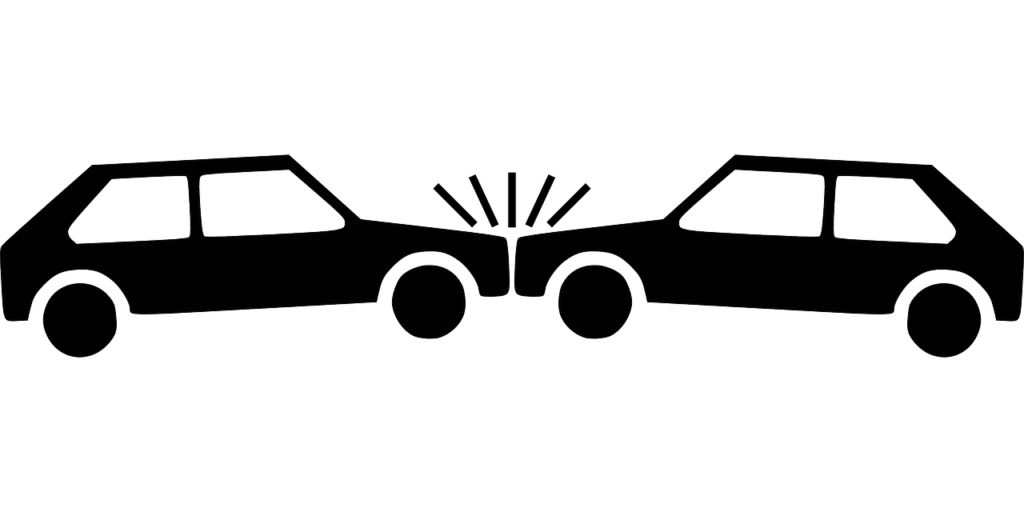Experiencing an accident injury can be a life-altering event, often compelling individuals to reassess and modify their lifestyle to foster healing and prevent further harm. This guide will explore seven critical lifestyle changes you may need to consider after an accident injury. These modifications, while they may seem overwhelming at the start, are aimed at promoting your overall well-being, enhancing your recovery process, and ensuring you regain control of your life despite the challenges ahead.
Prioritize Rest and Recovery
The paramount aspect of recovering from an accident injury is ensuring adequate rest. Your body needs time and energy to repair the damage, and interrupting this process by returning to regular activities too swiftly may hinder recovery. Make sure to follow the advice of your healthcare provider regarding the duration and nature of rest needed for your specific injury.
Often, rest doesn’t just refer to physical repose, but also mental relaxation. Stress can exacerbate symptoms and slow down the healing process. Try incorporating mindfulness techniques such as meditation or deep-breathing exercises into your daily routine to manage stress levels.
Pursue Compensation and Legal Assistance
If someone else is responsible for your accident injury, you may be entitled to compensation to cover medical expenses, lost wages, and other damages. Seeking legal assistance can help ensure that you receive the compensation you deserve while also alleviating some of the stress associated with managing a personal injury case.
Additionally, consulting with a lawyer can also help protect your rights and prevent you from being taken advantage of by insurance companies or others involved in the accident. If the accident occurred in Las Vegas, for example, a Las Vegas personal injury lawyer can help you navigate the legal system and advocate for your best interests. Plus, having a legal professional handle the details of your case can free up time and mental energy for you to focus on your recovery.
Adhere to Medical Advice and Therapy
Post-accident recovery frequently involves a series of therapies and medical instructions. It’s crucial to follow your healthcare provider’s advice diligently, even if it’s demanding or uncomfortable. This might include physical therapy, occupational therapy, or specific medical treatments. Ensure you’re keeping up with regular appointments and completing exercises or tasks assigned by your therapist. Regularly communicating your progress can help them tweak your recovery plan if necessary, ensuring optimal results.
Modify Diet to Support Healing
Nutrition plays a vital role in recovery, as your body needs specific nutrients to repair tissues and facilitate healing. Consider consulting a dietitian to help customize a diet plan that meets your needs during this period. This might involve increasing protein intake, incorporating more fruits and vegetables, or potentially taking certain vitamins or supplements. Remember that a balanced diet is vital, not just for recovery, but for overall well-being. Hydration is equally important, so ensure you’re consuming sufficient amounts of water each day.
Gentle Exercise and Mobility Work
While rest is essential, gentle movement can also aid in recovery. It can prevent stiffness, improve circulation, and boost your mood. Remember, the key is ‘gentle’ – don’t push yourself to pain or exhaustion. Start with simple exercises or light stretches, gradually increasing your activity level as your condition improves. Always consult your healthcare or physical therapy professional before commencing any new exercise regime.
Mental Health Management
Accidents can lead to a significant strain on mental health, prompting feelings of anxiety, depression, or post-traumatic stress disorder (PTSD). It’s crucial to acknowledge these feelings and seek professional help if needed. Consider seeking the support of a therapist or a counselor. Joining support groups can also provide a safe space to share experiences and coping strategies. Remember, taking care of your mental health is an integral part of the recovery process.
Home and Workplace Modifications
Depending on the nature of your injury, you may need to make modifications to your home or workplace to facilitate mobility and daily tasks. These modifications could range from installing handrails or ramps to using ergonomic furniture. Working with an occupational therapist can help identify necessary modifications and ensure a safe and comfortable living and working environment. It’s important to remember that such changes are geared towards improving your quality of life during recovery.

Navigating the aftermath of an accident injury can be daunting. However, implementing these seven vital lifestyle changes can significantly impact your recovery journey, ensuring you regain control and quality of your life. Remember, recovery is not a race, but a journey of healing that requires patience, diligence, and a proactive approach.
While these changes may seem challenging initially, they are a gateway to enhanced well-being, resilience, and a healthier future. Always consult with healthcare and legal professionals to guide you through this period, ensuring your physical, mental, and legal needs are adequately met.








